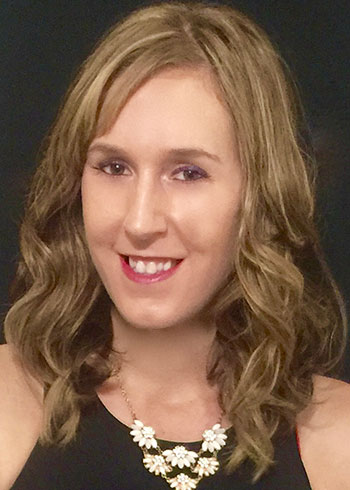- How did you learn about the program and what motivated you to enroll?
-
I was browsing for some relevant programs that would complement my current job as an epidemiologist. This one caught my eye (and I went to UVic in the past) – the courses looked good, particularly the GIS ones which I wanted to learn as it hadn’t been part of my education up to that point.
- Tell us about your course experience. What skills did you develop and which courses provided the greatest benefit to you?
-
It was really good. The coursework was comprehensive but not too time consuming. The GIS courses were fantastic and provided great information, and the other courses were also relevant to my work (the program evaluation course and the working with admin data course).
- How have you been able to (or how do you plan to) apply your new skills in your work/research?
-
Yes – I signed up to learn GIS, and I have been able to use some of those skills in my job.
- What do you think were the strengths of this program? Please provide examples.
-
I liked the method of instruction – videos that walked you through the steps of an assignment accompanied by PDF’s, which I thought helped me learn efficiently.
- Would you recommend this program to others? If so, what recommendations/suggestions would you give those interested in applying to this program?
-
Yes – in fact I have… I recommended this to colleague of mine at another health unit in Ontario who recently got hired as an Epidemiologist. She hadn’t had much education in the area and was looking for good programs so I mentioned this one, and she signed up.
- Any additional comments you would like to add about the program or ways we can improve the educational experience?
-
Great program overall – all very relevant to my profession.

